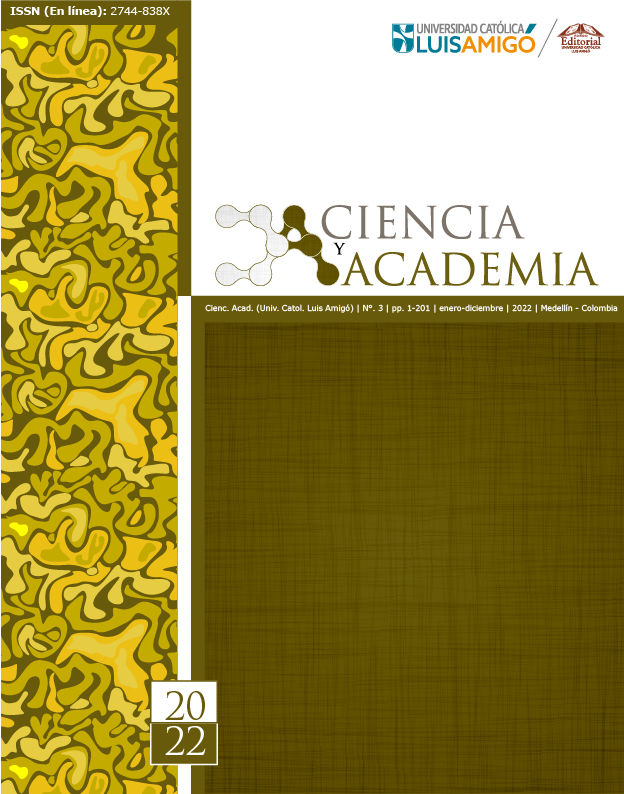Ethics as knowledge, encounter and recognition with the Other
DOI:
https://doi.org/10.21501/2744838X.4496Abstract
Contemporary societies show a lack of formation for the practice of ethics. This is evident in the serious problems and crises we are experiencing, among which violence, fanaticism and exclusion stand out. The purpose of this study is to re-signify the role of ethics as a necessary knowledge, in order to promote a culture for recognition and encounter with the other. The question that leads the research is: why is ethics a knowledge that allows us to experience the encounter and recognition of the other, as a human person who has dignity, who deserves respect and care? The hermeneutical approach is used under its dialogical, critical and reflective characteristics. As for the theoretical references, there are Adela Cortina and other well-known philosophers such as Emmanuel Lévinas and Byung-Chul Han. In short, it is about conceiving ethics as a fundamental knowledge that serves for the construction and reconstruction of the social realm and with the intention that it be a resource that contributes to the transformation of our social and cultural realities.
Downloads
References
Cortina, A. (2013). ¿Para qué sirve realmente la ética? Editorial Paidós.
Han, B. (2014). La agonía del Eros. Herder.
Levinas, E. (2002). Totalidad e infinito: Ensayo sobre la exterioridad. Sígueme S.A.
Sánchez Pachón, J. (2015). Adela Cortina: el reto de la ética cordial. Revista BROCAR. Cuadernos de Investigación Histórica, (39), 397-422. https://doi.org/10.18172/brocar.290
Published
How to Cite
Issue
Section
License
Copyright (c) 2022 Ciencia y Academia

This work is licensed under a Creative Commons Attribution-NoDerivatives 4.0 International License.
La revista y los textos individuales que en esta se divulgan están protegidos por las leyes de copyright y por los términos y condiciones de la Licencia Creative Commons Atribución-No Comercial- 4.0 Internacional. Permisos que vayan más allá de lo cubierto por esta licencia pueden encontrarse en http://www.funlam.edu.co/modules/fondoeditorial/






